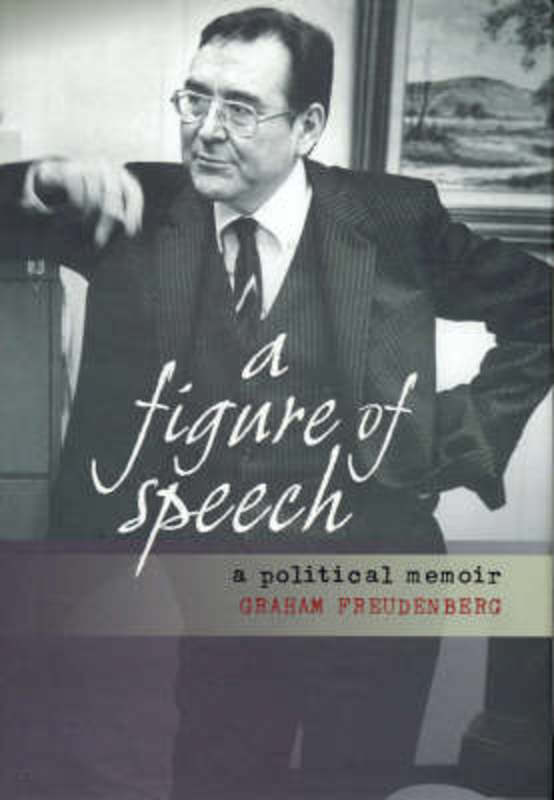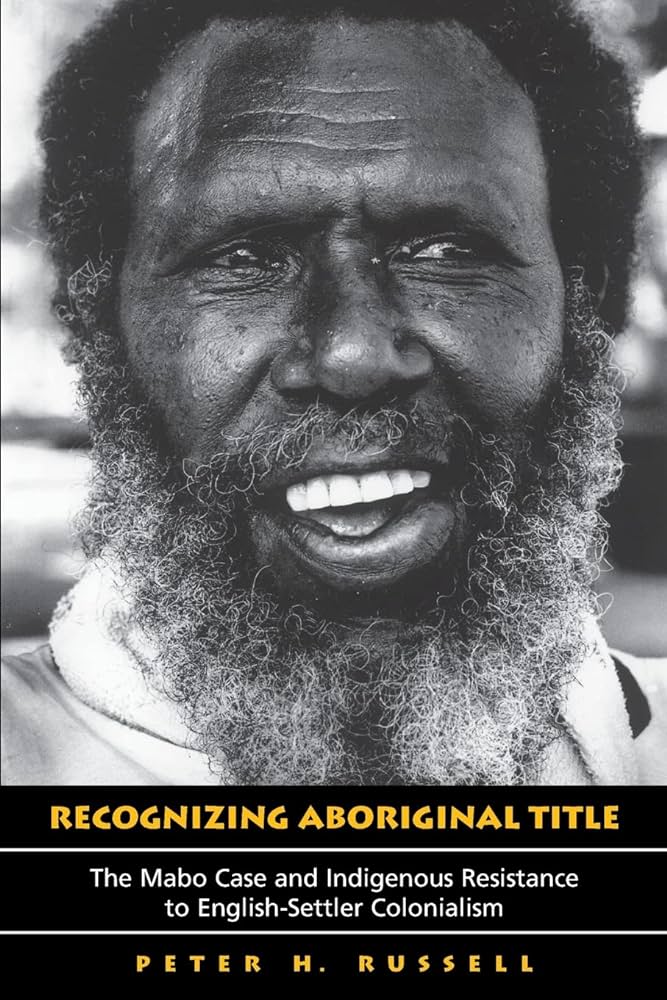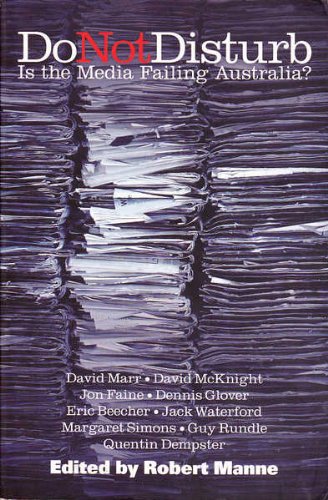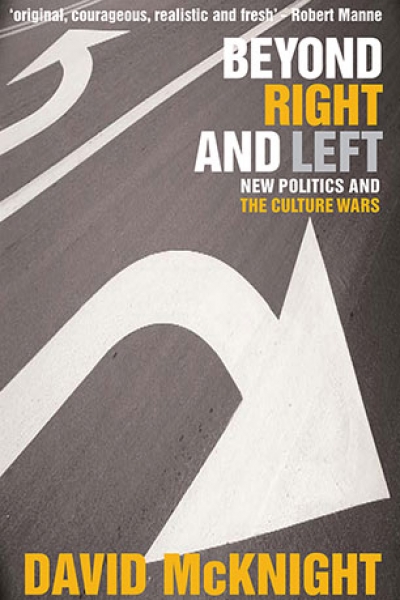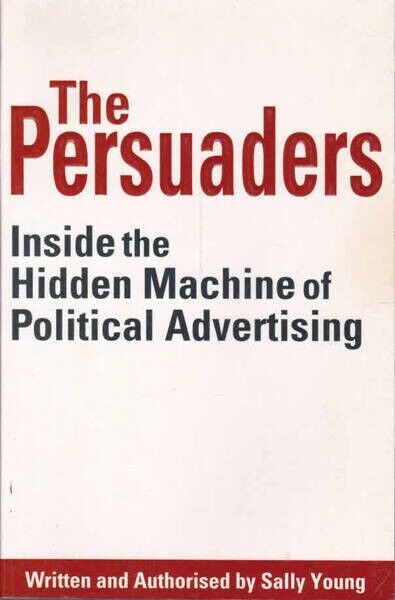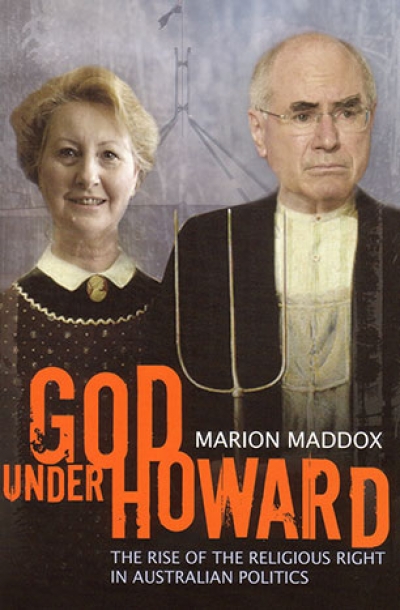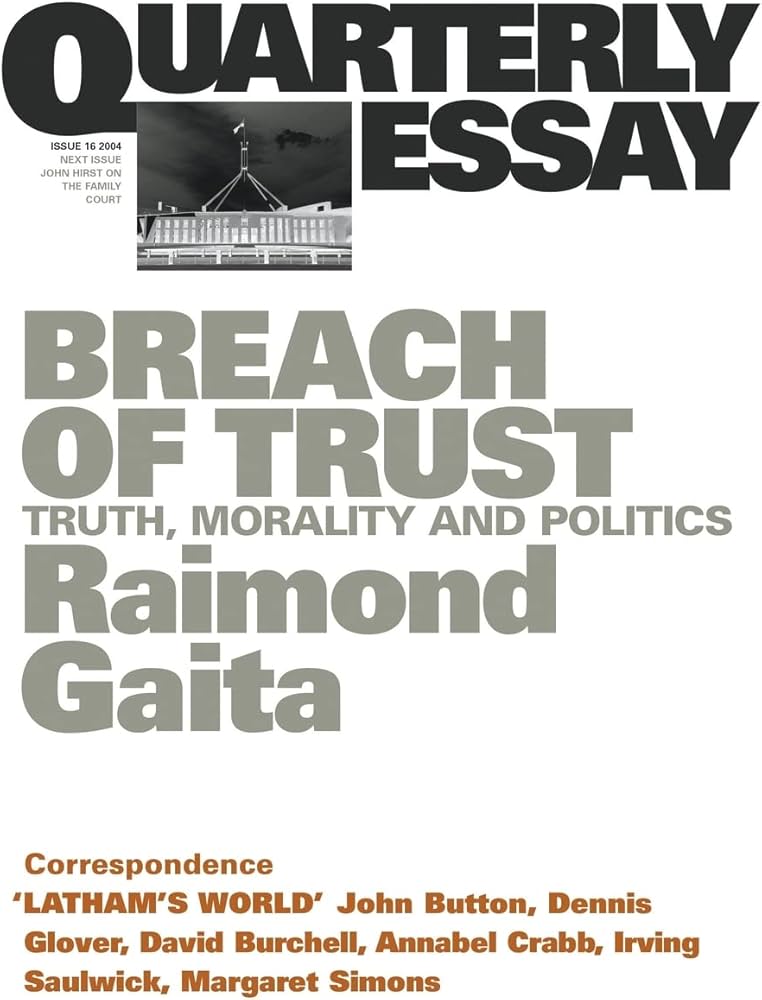Australian Politics
Arthur Tange joined the Commonwealth Public Service in 1942, at a point in time when it was undergoing ‘a permanent revolution at once in the size, the calibre, the philosophy and the significance’ of what it was and what it did. Most Australians now forget, if they ever knew, just how limited the function and reach of federal government was in the first decades of the Commonwealth. As in so many areas of national life, World War II wrought a profound transformation in virtually all aspects of central government and public administration, and the young Tange was in at the beginning of the process. As Sir Arthur Tange, Secretary of External/Foreign Affairs and Defence successively from the 1950s to the late 1970s, he did more in turn to shape the formulation and execution of policy in these two areas than any other official, and many ministers, of his time.
... (read more)Billy Hughes: Prime Minister and controversial founding father of the Australian Labor Party by Aneurin Hughes
Major historical figures generally attract multiple biographies. Napoleon and Nelson have, reputedly, amassed more than 200 biographies each – with successive waves of interest reflecting the constant need for reinterpretation. But at some point we must strike a declining marginal utility as we tally the titles – biography as running soap opera appears a postmodern accoutrement. In Australia, we have not yet managed to produce a biography of each prime minister – then along comes another on the ‘Little Digger’ Billy Hughes (1862–1952), without doubt one of our most colourful political leaders and written-about subjects. If not 200 titles, then there is certainly a small bookshelf full of respectable studies and serious essays on him, not to mention his own books and the many cameo appearances he makes in political memoirs and other works of his generation. So, do we need another interpretation? Indeed, does this ‘short life’ of ‘King Billy’ offer a new interpretation? Why did Aneurin Hughes – his namesake but no relation, and more on that later – commit to this laborious project?
... (read more)A Figure of Speech: A political memoir by Graham Freudenberg
Graham Freudenberg, who has been at the centre of federal and NSW Labor politics for more than forty years, has now written his political memoir. Elegantly presented by his publisher, A Figure of Speech details Freudenberg’s life story, from his childhood in Brisbane to his early career in journalism, a rite of passage to London, and the vicissitudes of life in politics.
... (read more)Recognizing Aboriginal Title: The Mabo case and Indigenous resistance to English settler colonialism by Peter H. Russell
Peter Russell, a distinguished Canadian student of the politics of the judiciary, asks if ‘my people’ – the English settlers of Australia, Canada, New Zealand, and the US – can live honourably. Is their authority defensible against indigenous people’s charge that ‘my people’ bullied them out of their sovereignty? Because European colonial power has been shadowed by a sense of moral unease, interpreting the colonists’ laws matters. ‘There is a lot of leeway in the law,’ Russell observes, ‘and no more so than in legal cultures based on the common law.’ The High Court of Australia’s decisions in Mabo (1992) and Wik (1996) – making native title recognisable to the common law – seemed to Russell to confirm judges’ potential to be the conscience of liberal constitutionalism.
... (read more)Do Not Disturb: Is the media failing Australia? edited by Robert Manne
Rupert Murdoch is the Napoleon of our times. He has gone on conquering largely because certain governments – Bob Hawke’s among them, in early 1987 – have persistently acquiesced, changing or moderating regulations as his battle plans required. It was once possible to view him as bound, in George Munster’s phrases, ‘on a random walk … [on which] despite the ever greater accumulation of means in his hands, he contributed more and more to the spreading confusion about ends’. That was written more than twenty years ago; Munster’s great book, A Paper Prince (1985), remains valid as a rigorous and witty account of Murdoch’s rise, and as an exemplary study of the relations of media, money and politics. But that walk is not so random now.
... (read more)Beyond Right and Left: New politics and the culture wars by David McKnight
In the last twenty years, the belief in a transformative left – socialist, communist, whatever – has collapsed more comprehensively than at any time since its beginnings in 1789. The Western working class is overwhelmingly oriented towards individual life, acquisition and consumption; the working class of the developing world has not developed major radical parties in the face of substantial repression of trade union organisation; faith in central planning, market socialism, interconnected cooperatives and the like drained away in the late 1970s, and no alternative plan for running the economy is on the table.
... (read more)Australia: Nation, belonging, and globalisation by Anthony Moran
Australians have been experiencing ‘intensified globalisation’ in the last twenty years. That is, our political leaders, ‘under the sway of neo-liberal ideology’, have made decisions that have ‘intensified’ the ‘widening, deepening and speeding up of worldwide inter- connectedness in all aspects of contemporary social life’ (David Held). They have curbed the influence of arbitration and promoted enterprise bargaining and individual contracts. They have deregulated banking and capital flows, and reduced tariff protection. They have made the tax system less progressive. They have reduced spending on social welfare. And they have privatised and corporatised many government services and utilities. Moran, preoccupied with political economy, tends to take as given the technological features of ‘intensified globalisation’ (the indexer saw no reason to include ‘computer’, ‘telephone’ or ‘Internet’). His sense of globalisation resembles Paul Kelly’s account of the dissolution of the Australian Settlement. With Australians becoming more ethnically diverse and less economically secure, there are ‘feelings of vulnerability and disorientation among the populace’.
... (read more)The Persuaders: Inside the hidden machine of political advertising by Sally Young
In a discussion on election advertising, an American political operative was asked whether it is preferable to run a ‘negative’ advertisement (criticising an opponent) or a ‘positive’ message (extolling the client candidate). He replied: ‘If it’s negative, it works. If it’s positive, save it for your tombstone.’ In Australia, the major political parties are similarly inclined: according to Sally Young’s research, sixty per cent of television advertisements in federal election campaigns since 1993 have been in the ‘negative’ category. The public’s general dislike of politicians facilitates this approach. For the same reason, the advertising party usually employs an actor to dish out the dirt. Young, a political scientist, has extensively researched political advertising in Australia. The Persuaders: Inside the Hidden Machine of Political Advertising covers the evolution of political advertising in this country and the effectiveness (or otherwise) of various campaigns over the last fifty years.
... (read more)God Under Howard: The rise of the religious right in Australian politics by Marion Maddox
Campaigning during the 1912 US presidential election, the great labour leader and socialist Eugene Debs used to tell his supporters that he could not lead them into the Promised Land because if they were trusting enough to be led in they would be trusting enough to be led out again. In other words, he was counselling his voters to resist the easy certitude that zealotry brings; to reject a politics that trades on blind faith rather than the critical power of reason.
... (read more)Quarterly Essay 16: Breach of trust: truth, morality and politics by Raimond Gaita
On 15 February 2005 the Labor Opposition launched a ‘matter of public importance’ (MPI) debate on ‘truth in government’ in the House of Representatives. An MPI debate is really only an invitation to comment on a ‘matter for discussion’, with no vote taken, as would be the case in a censure motion. The parliamentary discussion is simply timed out. But it is a useful opposition tactic for getting arguments and evidence on the public record.
... (read more)


